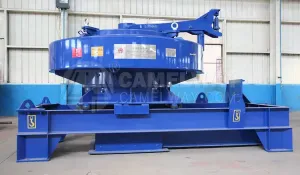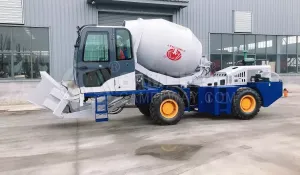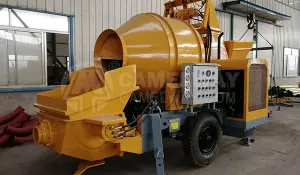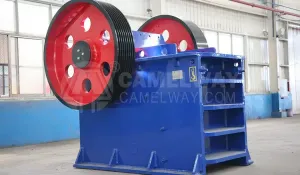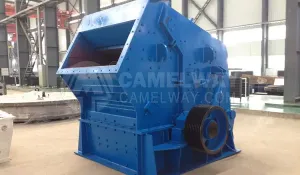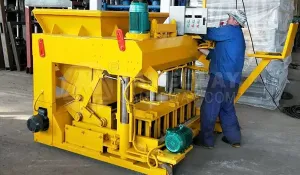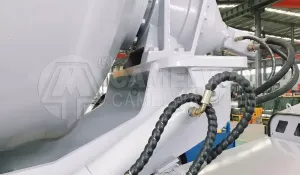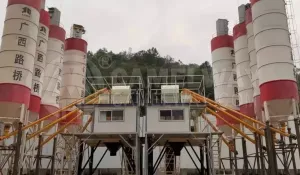When selecting a concrete batching plant, it is crucial to ensure that the chosen concrete batching plant meets the project requirements. This not only affects production efficiency and quality but also has a direct impact on project costs and timelines. This article provides a detailed professional guide to help you comprehensively consider various factors such as production capacity, site conditions, budget, quality and reliability, operation and maintenance, as well as environmental requirements, to select the most suitable concrete batching plant.
1. Production Capacity
First and foremost, determining the production capacity of the concrete batching plant based on the scale of the project is key. Large-scale projects, such as highways and large buildings, require concrete batching plant with high production capacities, such as models HZS120, HZS180, or HZS240. For medium and small projects, like small buildings or road repairs, medium and small concrete batching plants like HZS35 and HZS50 may be sufficient.
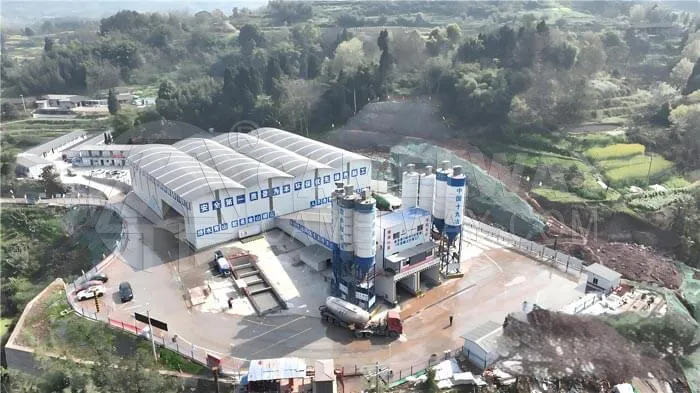
The specific production capacity can be estimated based on annual output. For example, for an annual output below 200,000 cubic meters, a concrete batching plant with a production rate of 90 cubic meters per hour may be chosen. For an annual output of 200,000 to 300,000 cubic meters, a plant with a production rate of 150 cubic meters per hour is recommended. For an annual output above 300,000 cubic meters, a production rate of over 200 cubic meters per hour is necessary.
2. Site Conditions
The size, flatness, and load-bearing capacity of the site are also important factors to consider when selecting a concrete batching plant. The site must have enough space to place the equipment, store raw materials, and ensure smooth vehicle access. Additionally, the distance between the batching plant and the construction site should be reasonable to minimize concrete loss and transportation time.
For projects with limited space, a lifting bucket batching tower or batching plant, such as models HZS35 and HZS50, may be suitable due to their smaller footprint. On the other hand, commercial concrete plants like HZS90 and HZS60, which use belt conveyors for feeding, are better suited for larger sites.
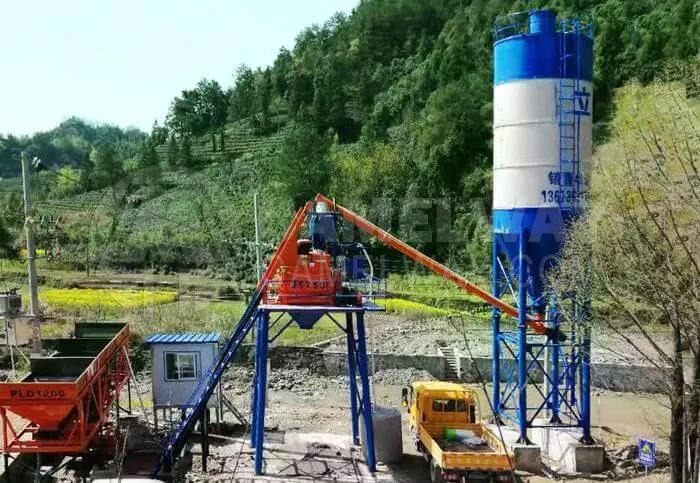
3. Budget
Determining the investment in the concrete batching plant based on the project budget is another crucial step. It's important to consider not only the purchase cost but also the operating and maintenance costs. While reliable, high-performance concrete batching plants may require higher initial investment, they can save significant repair and operating costs in the long run and improve production efficiency.

4. Quality and Reliability
Choosing a concrete batching plant that is reliable and stable in performance is key to ensuring concrete quality and production efficiency. The equipment should have excellent mixing performance, such as using a spiral double-shaft concrete mixer, which can achieve a good mixing effect for various concrete mixes. Additionally, the environmental performance of the equipment is important, including the treatment of wastewater, waste gas, and noise.
5. Operation and Maintenance
Selecting a concrete batching plant that is easy to operate and maintain can reduce operational costs and increase equipment utilization. The equipment should have comprehensive maintenance and repair points and enough operating space to facilitate maintenance. Moreover, a qualified concrete batching plant equipment manufacturer must provide comprehensive after-sales services, including installation, commissioning, training, as well as ongoing maintenance and repair.
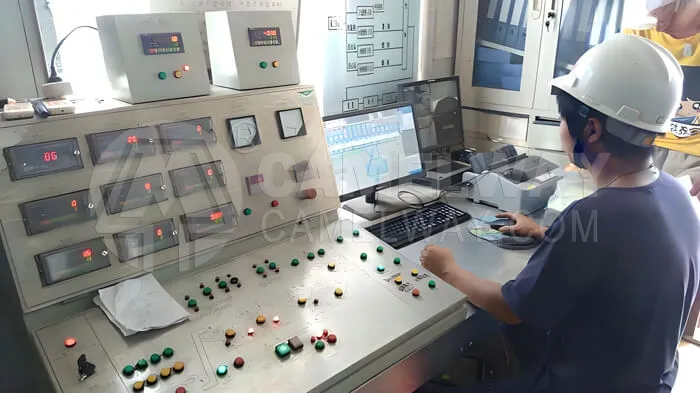
6. Environmental Requirements
With the growing awareness of environmental protection, choosing a concrete batching plant with good environmental performance has become increasingly important. The concrete batching plant should minimize environmental pollution during operation, including the treatment of wastewater, waste gas, and noise. Selecting equipment that meets national environmental standards not only complies with legal requirements but also helps improve the company’s image.
7. Automation and Efficiency
The future of concrete batching plants will be more intelligent and efficient. By introducing IoT technology, remote monitoring and control of the concrete batching plant can be achieved, increasing the level of automation and production efficiency. Additionally, new mixing technologies can produce higher-performance concrete to meet the demands of various projects.


